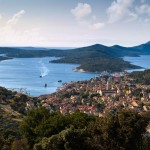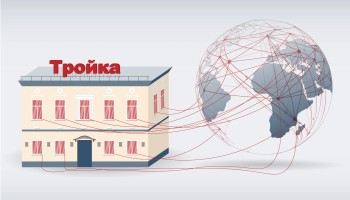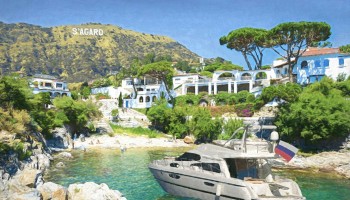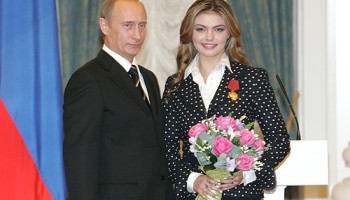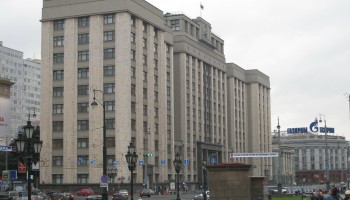Since 1997, Vladimir Artyakov has worked in the civil service and for state companies. He served as governor of the Samara region from 2007 to 2012, then voluntarily resigned to become deputy director general of Rostec.
In 2008, when Kurepina signed the first loan agreement for 12 million euros ($19.1 million), Artyakov declared an annual income of nearly 10 million rubles, while his spouse earned 278,000 rubles ($408,700 in total income for the couple).
For an average Russian this is pretty big money, but even with such an income it would take at least 40 years for the Artyakovs to earn enough for one of their Spanish villas. And that’s assuming they didn’t spend a penny on daily living expenses.
However the earliest income declaration submitted by Artyakov in 2007, during the elections to the State Duma, somewhat breaks from the overall picture. At the time a top manager of AvtoVAZ, he declared an income of nearly 1.5 billion rubles ($52.7 million). (For comparison, the net profit of the entire group of companies in 2006 amounted to 2.5 billion rubles, or $91.9 million). Artyakov explained such a high salary to the press by saying he received severance pay, and even promised to return it.
While he was governor of Samara, Artyakov’s annual income stayed at around 10 million rubles ($346,000). In 2012, however, his wife’s income suddenly spiked to nearly 60 million rubles ($1.8 million), though she had previously been declaring an annual income of just half a million rubles ($17,300). Artyakov’s son, Dmitriy, was 25 years old in 2008 and was just starting out in the restaurant and hotel business.
Correction (April 4, 2019): In a previous version of this story, the Artyakov family's income was converted to dollars incorrectly. The correct figure is $408,700 in total income.

